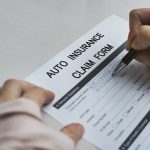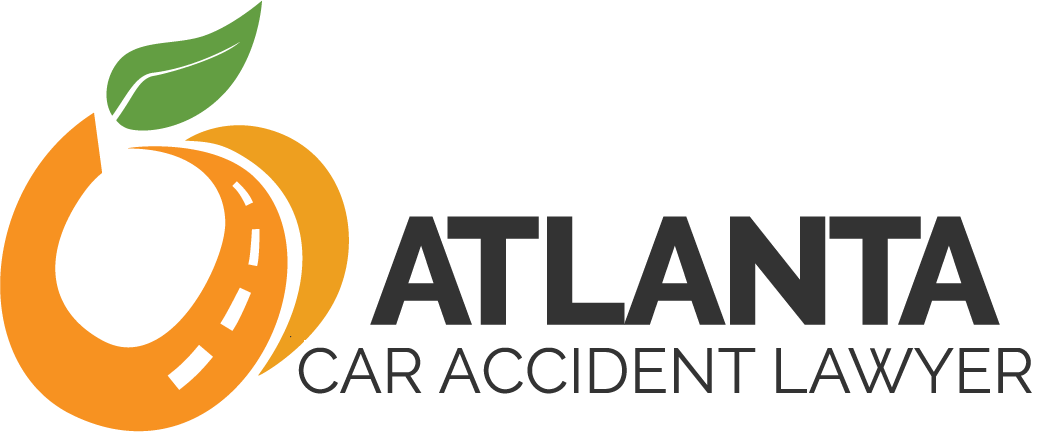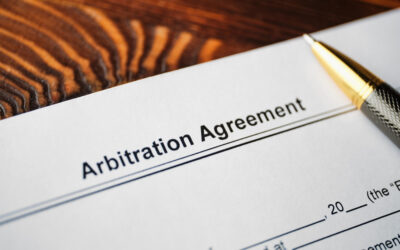
You can make an insurance claim for the “diminished value” of your car by contacting the insurance company for the driver who was at fault. If the accident was your fault, you could claim a diminished value with your own insurance company.
A diminished value claim happens after your car has been repaired. It pays you the difference between what your car was worth before the accident and what it is worth now, with its accident history. The more damage your car suffered, the higher your diminished value is likely to be.
What Are the Most Common Types of Diminished Values for Your Car Following an Accident?
There are three main types of diminished value that you can declare on an insurance claim.
- Immediate Diminished Value: This value is the difference in the value of your car following the accident but before any repairs have been made.
- Inherent Diminished Value: This type of value assumes that your vehicle has been repaired as close as it can be to its original condition. It’s important to note that this value will be lower in general due to the fact that the car has been involved in an accident. Ultimately, if you trade-in or sell the vehicle, it will likely be purchased for a lower amount.
- Repair-Related Diminished Value: This value is all that is lost due to the quality of all repairs. For example, if only your front seats need to be repealed, but are a different color than the original seats, the repair will be considered a loss of value because of the accident. The same can be said with the wrong paint colors of the vehicle or using aftermarket parts.
How do I Calculate a Diminished Value Insurance Claim?
There are three ways that many will calculate the diminished value of their vehicles following a crash, which are listed below.
Looking the Value Up Online
By far the easiest way to determine your vehicle’s diminished value is by using online sites. Many sites will be able to tell you the original value of your vehicle before any accidents have occurred. From there, you can seek out the help of your car dealer to tell you the trade-in value.
It’s important to note that the car dealer’s given value might not be the best rate but can still be useful to gain an understanding of your car’s diminished value.
Getting a Professional Evaluation
Consulting with a company that specializes in giving diminished value insurance evaluations can be the most reliable source but can often take the most time.
Determining the Value on Your Own
First, you must establish the value of your vehicle based on the make and model, mileage of the car, and extent of all damages. From there, you must apply a 10% cap to that value, which is known as the 17c formula.
For example, you take the value of your car based on the previous information and multiply it by .10 in order to calculate the base loss of value. After you have this value, you must apply a damage multiplier. Here are the assorted damage multipliers you will use to configure the new value:
- 1: Severe structural damage that the vehicle has endured
- 0.75: Major damage done to the overall structure and panels of the car
- 0.50: A moderate amount of damage to the structure and panels of the car
- 0.25: Minimal damage to structure and panels of the care
- 0.00: No structural damage or replaced parts
Following this, your insurance company will then deduct more value from the car based on mileage even though it was already accounted for in the first step. Depending on the number that the insurance company gives you, that will then be applied to your final number configured after damages. This final value will be the diminished value of an insurance claim.
When Should I File a Diminished Value Claim?
When you find yourself in a car accident, you might be questioning whether or not you need or want to file a diminished value claim. First, consider these factors:
- The value of your vehicle before the accident: Sometimes, older cars with plenty of mileage or some structural damage are worth less than a new car, even if they have no accident history. In some cases, it won’t make sense to file a claim for diminished value because the compensation you receive won’t be ideal.
- Who was at fault for the accident: Typically, your insurance company won’t accept a diminished value claim if you are at fault for the damage caused to your car.
- The laws of the state: It would be in your best interest to seek the counsel of a skilled lawyer because the laws of each state will differ. A lawyer will know the state’s laws for claims such as this.
- The insurance coverage of the other driver: If the other driver involved in the accident is at fault but doesn’t have the necessary insurance coverage, you will need to file a claim through your own company.
How to Start a Diminished Value Insurance Claim
Your vehicle damage claim has two parts. Right after the accident, you can claim for damage to your car. You will take your car to a body shop for repairs, and the insurance company will pay for it.
After the repairs are done, you must contact the insurance company again to make a diminished value claim. The insurance company likely will not tell you this. You should ask the insurance company to send an appraiser out to evaluate the diminished value of your car.
What Can I Expect from the Insurance Company After an Accident?
Insurance companies operate for profit, and they look for ways to avoid paying out money in claims. Here are the most common things insurance companies will do following an accident that you should look out for:
- Convincing you that you have no right to make a claim: Yes, unfortunately, this does happen when speaking with insurance companies. But, the bottom line is that any property damage settlement they offer you is unlikely to include your car’s diminished value. Which means
- Trying to minimize the accident: Insurance companies will try to minimize your diminished value by telling you they use a formula to calculate this value. It almost certainly does not reflect how much less your car is worth. Georgia law does not require insurance companies to use any formula for calculating diminished value, giving you room to negotiate.
- Asking you to sign a release: When they pay for your vehicle damage, you may be asked to sign a release that says that you cannot make any further claims relating to the accident. Never sign anything or cash an insurance company check until you have finished with your diminished value claim. Otherwise, you may be unable to collect anything for your car’s diminished value.
How Can I Protect Myself After an Accident
Do your own research. Diminished value isn’t an abstract concept; it’s a real-world issue. If you try to sell your car and the repairs are perfect, you will get less money for it simply because people are reluctant to buy a car that has been damaged in an accident.
There are several ways to research your car’s diminished value, including:
- Looking up its value online at Kelly Blue Book or Edmunds.com and compare it with listings of similar cars for sale in your area that have been involved in accidents
- Ask various used car dealers what your car is worth, and then ask them how much less it is worth if it has been in an accident.
- Hiring your own appraiser to calculate the diminished value.
Once you have a good idea of your car’s diminished value, compare it to the amount the insurance company has offered. You can use your research to negotiate a higher insurance settlement. Remember, you are entitled to your car’s diminished value even if you don’t have any plans to sell your car.
If you suffered injuries and vehicle damage, a car accident lawyer in Atlanta, Georgia can help you with your diminished value claim and a claim to recover money for your injuries. This takes stress off you and lets you focus on your recovery.
Talk to an Atlanta Car Accident Lawyer for Free
Our law firm has decades of experience helping car accident victims recover money to pay for their injuries, property damage, and diminished value of their cars. We don’t charge you anything unless we win money for you.
Let us give you a FREE, no-obligation consultation to explain your rights and answer your questions. Call us or fill out the form to the right to get your free consultation today.





